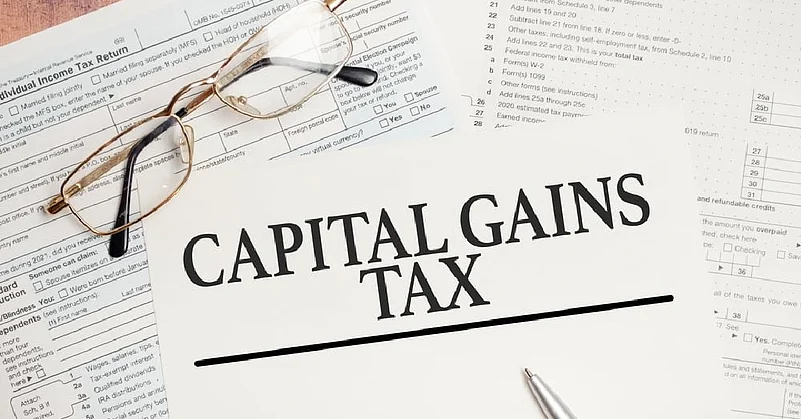Selling a plot of land is more than just a one-time deal that cannot be done and dusted. Many sell a plot of land they have to use the proceeds to buy a house, invest in another property, or simply secure financial gains. There is one important aspect to consider when you have sold a property/plot i.e., long-term capital gains tax (LTCG).
For any substantial profits gained on this sale, you could be looking at a hefty tax bill. This is where you can use the Section 54F of the Income Tax Act 1961 which offers a way for you to reduce or remove your LTGC tax liability. However, there are some key considerations you must be aware of before jumping into it.
What is Section 54F and Who can claim this exemption?
This provision is designed for individuals and Hindu Undivided Families (HUFs) who sell any long-term capital asset (barring residential property) and use the proceeds to buy a new residential house in India. This means that if you are someone who sold a plot of land, you can claim an exemption under Section 54F, not Section 54 which applies only to the sale of a residential property.
But there is a catch! To get full exemption under this provision (54F), you must re-invest the entire sale amount, not just the capital gains. If you invest only a portion, the exemption could be reduced proportionately.
How Do You Compute This Exemption?
Informs Niyati Shah, Vertical Head, Personal Tax at 1 Finance, the exemption under Section 54F of the Income Tax Act, 1961, is computed as;
(Capital Gains × Cost of New House) ÷ Net Sale Consideration
“It can be claimed only by individuals or HUFs on the sale of any long-term capital asset (except residential houses), inter-alia including plots, for reinvesting in a residential property in India. To qualify, the purchase must be made within one year before or two years after the sale, or within three years, if constructing a new house,” says Shah.
Can You Reinvest in a Home Purchased Jointly With Your Spouse?
Yes, according to Shah, “Under Section 54F, capital gains can be reinvested in a jointly owned residential property with a spouse, provided the taxpayer is a co-owner and contributes to the purchase.”
She further notes that taxpayers can avoid disputes during tax assessment by;
- Maintaining clear financial records
- Ensuring your investment aligns with the exemption claim
Key Questions To Consider
Niyati Shah clears these key factors that can come as confusing while availing exemption under this section, namely;
When computing for this exemption, does the entire sale consideration have to be invested in the new house, or can one reinvest only the capital gains to claim an exemption?
Yes, to claim a full exemption, the entire net sale consideration must be reinvested in a new residential house. If only the capital gains are reinvested, the exemption is granted proportionately.
Can someone claim Section 54F benefits if they already own multiple residential properties? Is it possible to invest in multiple residential properties and still claim an exemption under this Section?
No, the benefit under Section 54F is available only if the taxpayer does not own more than one residential property (excluding the new purchase) on the date of sale. Additionally, the exemption is allowed only for investment in one residential property in India.
Here are some common mistakes to avoid that may trigger tax scrutiny while you’re opting for exemption under Section 54F;
● Reinvestment in new residential houses should be in India
● Not reinvesting the full net sale consideration, assuming the exemption applies solely to capital gains.
● Missing the timeline for purchase or construction.
● Owning more than one residential property on the date of sale, which disqualifies eligibility.
● Failing to deposit the unutilised amount in a Capital Gains Account Scheme (CGAS) before filing returns, if the purchase is delayed.
If used correctly, Section 54F can save you a significant amount in taxes, allowing you to reinvest in a new home without losing a chunk of your gains. But the rules can be complex, and any misstep could mean paying taxes you could have avoided.
Before making a move, consider speaking with a tax expert to ensure you are following the rules and maximising your exemption.


















